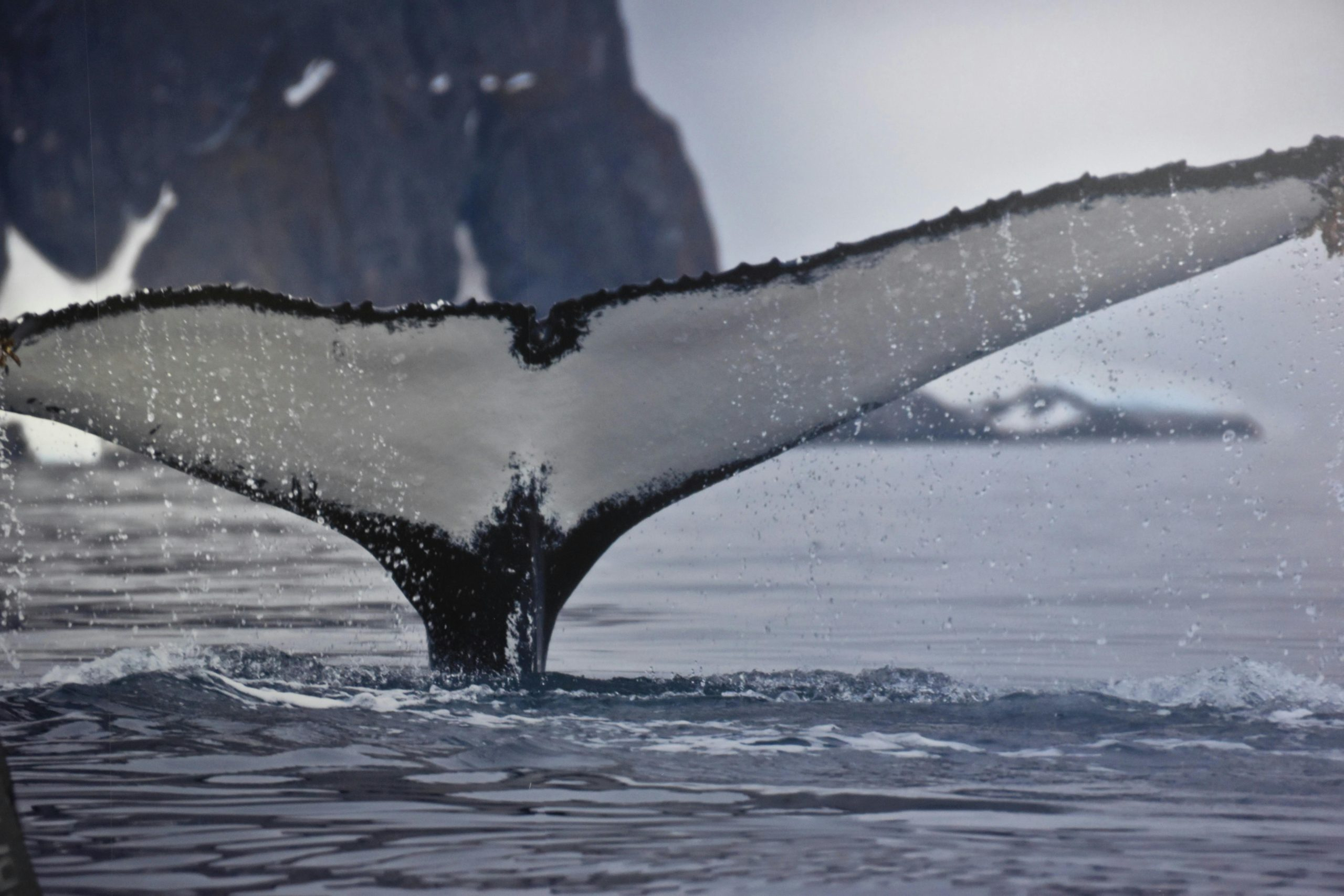Mexico’s Eco-Tourism Boom: Whale Watching and Sea Turtle Conservation
Mexico’s diverse ecosystem is home to several endangered species, making it a popular destination for eco-tourism. The country has taken great strides in recent years to promote sustainable tourism practices and protect its unique wildlife. From whale watching to sea turtle conservation, Mexico’s eco-tourism industry is booming, providing an unforgettable experience for travelers while also promoting conservation efforts. In this article, we will explore Mexico’s eco-tourism boom, with a focus on whale watching and sea turtle conservation.
Mexico’s Eco-Tourism Boom
Mexico has long been a hotspot for tourism, with its beautiful beaches and vibrant culture attracting millions of visitors each year. However, in recent years, there has been a growing trend towards eco-tourism, with travelers seeking out more sustainable and responsible travel options. This shift has been driven by a growing awareness of the impact of traditional tourism on the environment and local communities.
Recognizing the potential for eco-tourism, Mexico has made significant efforts to promote sustainable travel and protect its natural resources. In 2016, the government launched the Sustainable Tourism Development Program, which aims to promote responsible tourism practices and ensure the conservation of Mexico’s biodiversity. As a result, eco-tourism has experienced a considerable increase in popularity, with a particular focus on experiences that allow visitors to connect with nature while also supporting conservation efforts.
Whale Watching in Mexico
Mexico is known for its incredible marine life, and whale watching has become a must-do experience for eco-tourists. From December to April, humpback whales can be spotted in the warm waters of the Baja California peninsula, making it one of the best places in the world for whale watching. These magnificent creatures migrate to Mexico to breed, and witnessing them in their natural habitat is an unforgettable experience.
Whale watching tours in Mexico are highly regulated to ensure the safety of both the whales and tourists. Only a limited number of boats are allowed in the area at a time, and strict guidelines are in place to avoid disturbing the natural behavior of the whales. Additionally, many tour companies in Mexico have adopted eco-friendly practices, such as using low-emission boats and providing educational information about whale conservation.
The Impact of Whale Watching on Conservation Efforts
Besides offering an incredible experience for travelers, whale watching in Mexico also plays a crucial role in conservation efforts. As more and more people become aware of the importance of preserving these marine mammals, the demand for responsible whale watching experiences continues to grow. This, in turn, provides an economic incentive for local communities to protect the whales and their habitat.
Moreover, many whale watching tours in Mexico also participate in research and monitoring efforts, providing valuable data to help scientists better understand these magnificent creatures. This information is vital for conservation efforts and helps to ensure the long-term survival of humpback whales in Mexican waters.
Sea Turtle Conservation in Mexico
Sea turtles are another iconic species that can be found in the waters of Mexico. The country is home to six of the world’s seven species of sea turtles, and many eco-tourism activities revolve around these endangered creatures. From nesting and hatching to snorkeling with turtles, there are plenty of ways for visitors to connect with these fascinating creatures while also supporting conservation efforts.
Mexico has made significant efforts to protect sea turtles, with many beachfront communities implementing conservation programs to protect nesting sites. One such example is the town of Puerto Vallarta, which has seen a significant increase in the number of sea turtles nesting on its beaches since the implementation of a conservation program. In addition to this, many tour companies offer educational experiences that teach visitors about the importance of conservation and the threats facing sea turtles.
The Impact of Sea Turtle Conservation on Local Communities
In addition to the conservation benefits, sea turtle tourism also has a positive impact on local communities in Mexico. Many of the conservation initiatives are community-based, providing jobs and income to local residents. Tourists who participate in sea turtle conservation activities also contribute to the local economy, making this a mutually beneficial endeavor.
Conclusion
Mexico’s eco-tourism boom has been driven by a growing demand for environmentally responsible and sustainable travel options. From whale watching to sea turtle conservation, the country offers a diverse range of eco-tourism experiences that allow visitors to connect with nature while also supporting conservation efforts. As a result, Mexico has become a leading destination for eco-tourism, showcasing the country’s commitment to preserving its natural wonders for future generations to enjoy.











